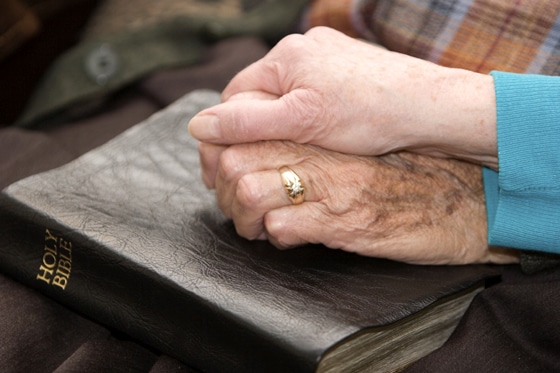With the coronavirus pandemic motivating people to think about what they prioritize in their lives, experts say you should also take the time to determine your own end-of-life plans.
Queens News Service’s recent article entitled “How to have the hardest conversation: Making end-of-life decisions” reports that in this coronavirus pandemic, some people are getting scared and are realizing that they don’t have a will. They also haven’t considered what would happen, if they became extremely ill.
They now can realize that this is something that could have an impact upon them.
According to the U.S. Centers for Disease Control and Prevention (CDC), 70% of Americans say they’d prefer to die at home, while 70% of people die in a hospital, nursing home, or a long-term care facility. This emphasizes the importance of discussing end-of-life plans with family members.
According to a survey of Californians taken by the state Health Care Foundation, although 60% of people say that not burdening their loved ones with extremely tough decisions is important, 56% have failed to talk to them about their final wishes.
“Difficult as they may be, these conversations are essential,” says American Bar Foundation (ABF) Research Professor Susan P. Shapiro, who authored In Speaking for the Dying: Life-and-Death Decisions in Intensive Care.
“Now is a good time to provide loved ones with the information, reassurance and trust they need to make decisions,” Shapiro says.
Odds are the only person who knows your body as well as you do, is your doctor.
When thinking about your end-of-life plans, talk with your doctor and see what kind of insight she or he can provide. They’ve certainly had experience with other older patients.
If you want to make certain your wishes are carried out as you intend, detail all of your plans in writing. That way it will be very clear what your loved ones should do, if a decision needs to be made. This will eliminate some stress in a very stressful situation.
Even after the COVID-19 pandemic is over, everyone will still need a will.
Talk with an experienced elder law or estate planning attorney to make certain that you have all of the necessary legal documents for end-of-life decisions.
Reference: Queens News Service (May 22, 2020) “How to have the hardest conversation: Making end-of-life decisions”


